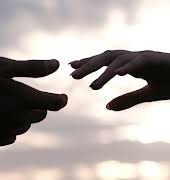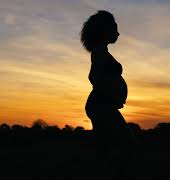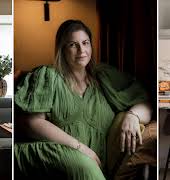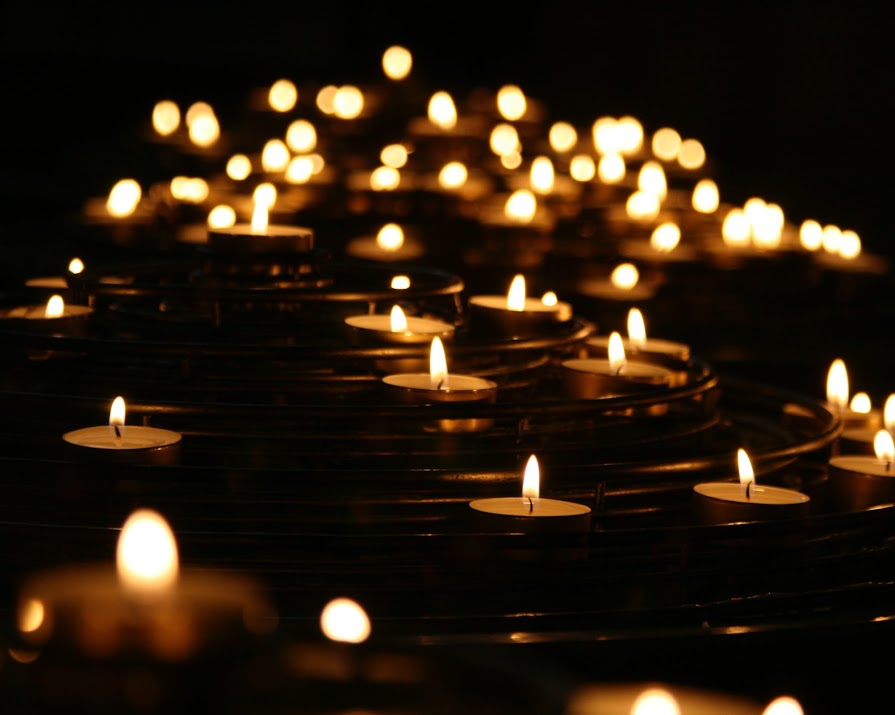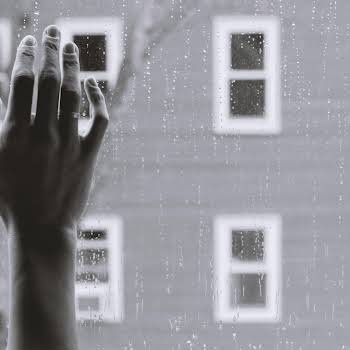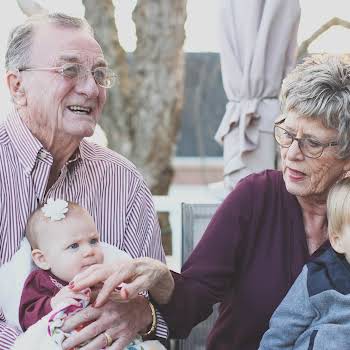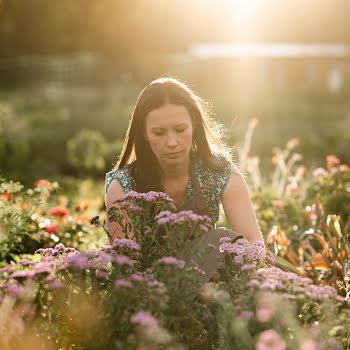
I attended my first virtual funeral over the weekend. I hope it’s my last
By Edaein OConnell
30th Mar 2020
30th Mar 2020
The coronavirus has changed life and death, making the aftermath all the more difficult
On Saturday, from the comfort of my couch, I live-streamed a funeral on my iPad.
A bizarre, unconventional and utterly heartbreaking scenario, but one many of us will find ourselves in over the coming weeks.
With the coronavirus changing every aspect of our lives, it’s not surprising that is has altered the way in which we grieve. The wake, so wonderfully Irish in its movement, is no longer a possibility. The very idea of a long line of mourners touching the hands of others is past the point of apprehension.
And a mass or service covered with people is to be an afterthought.
Human nature
Sometimes it feels like the Irish people have a fond affiliation with death. It could just be human nature but we are attracted to it in ways other countries and cultures aren’t. We like to talk about it and read about it – but this may be why we also honour the dead in ways others can’t.
Our funerals are as much of a celebration as they are a farewell. We laud every inch of the person. We revere in the good, the bad and the ugly. We sing songs. We laugh. We cry. We touch.
We come together as a community to rally behind those left in the lurch. With the current circumstances, this togetherness is lost and I can’t fathom the difficulties families now face.
The funeral was for a family friend, someone particularly close to my father, and as I watched both him and my mother watch the proceedings through the lens of technology I didn’t know how to feel. I am not religious but it didn’t feel right. The internet and everything that comes with it has been such an integral part of my existence. I can say without doubt that I can’t imagine modern life without this technology but this was new territory I didn’t want to stand on.
Strange
Churches across the world are now streaming services for churchgoers and this is a particularly vital development for the elderly. For those who believe, it provides them solace and affirmation at a time when it is hard to find it in this world.
However, on Saturday, the virtual world and the one that holds real-life blended, and all I felt was melancholy. A pane of glass with a computer chip separated them from us. How weird it is to sit at a funeral service with the remains of the morning’s breakfast laying beside you.
While both my parents agreed it was lovely to see and to be a part of it, the loss of connection was clear; it didn’t feel right. It unsettled them. Nothing would compare to being there to lend the gentle hand of support, an act so small that says so much.
A warning
The stories are filtering through of families who could not be with their loved ones as the curtain of life began to close. The poignant retellings of fathers, wives, daughters, and brothers unable to touch their most adored as they drew their last breath are hard to hear.
Yesterday, Emily Glynn Homan from Dublin spoke of how she could not kiss or hug her father goodbye as he succumbed to coronavirus. Speaking to RTÉ she said: “My brothers all said goodbye through FaceTime. My mother wanted to get into the bed beside my dad to lie with him in his final moments, but that wasn’t allowed.”
Then there was the story of Tom Best, who could not say goodbye or attend the funeral of his wife of 51 years, Anne, who was the first person to die of the virus on the island of Ireland. Mr Best had been advised to self-isolate and so could not say goodbye to his soulmate.
He told the Impartial Reporter newspaper, “It’s breaking my heart, it’s just breaking my heart that I couldn’t be there when she died, or at the funeral.”
Passage
It doesn’t matter if you are Catholic, atheist, spiritual or not, death binds us. It is an unavoidable end but is now made all the more difficult to process. The finality is absent and so much is left unfinished. The aftermath is sacred for families and I can’t imagine how cold the passage now feels.
Both Emily and Tom shared their story as a warning. Stay indoors and listen to the advice, so that more families can be spared from the pain.
The quicker this ends, the sooner these people are given the send-off they deserve.
And the people left behind are allowed to mourn, to celebrate, to laugh, to cry and to say goodbye.
In the way that only we can.
Read more: Coronavirus Diaries: ‘This feels different and loneliness is at the fore’
Read more: Grieving dad of young children killed in their Dublin home appeals for letters during isolation
Read more: Coronavirus Diaries: ‘My Dad has vascular dementia. Covid-19 is a challenge we had not expected’



